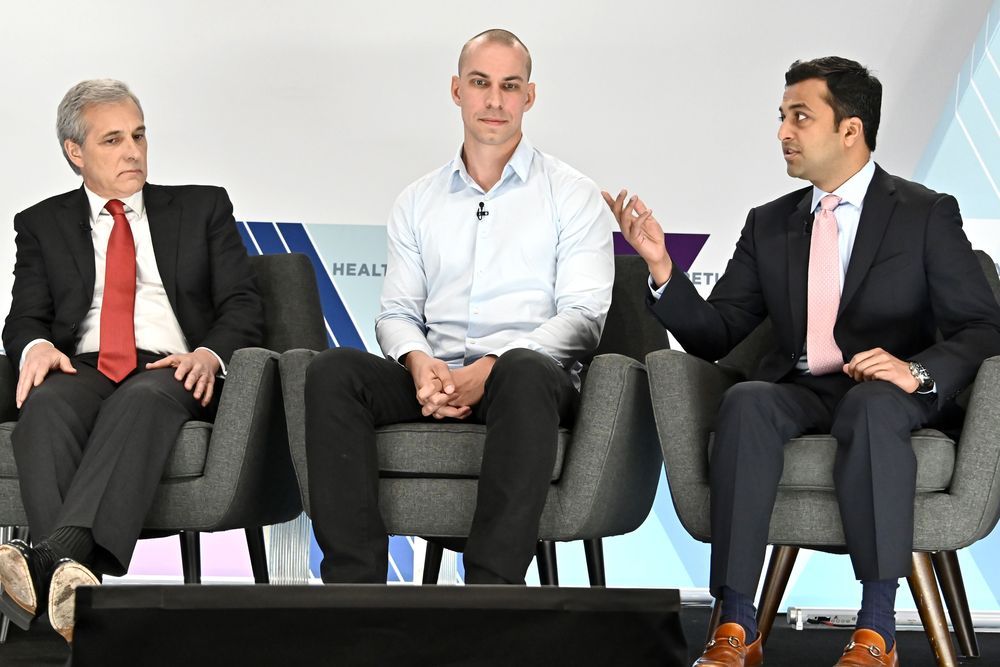An AI system introduced in 2015 with much fanfare in the U.S. failed to recognise faces of African Americans with the same accuracy as those of Caucasian Americans. | Photo Credit: AP
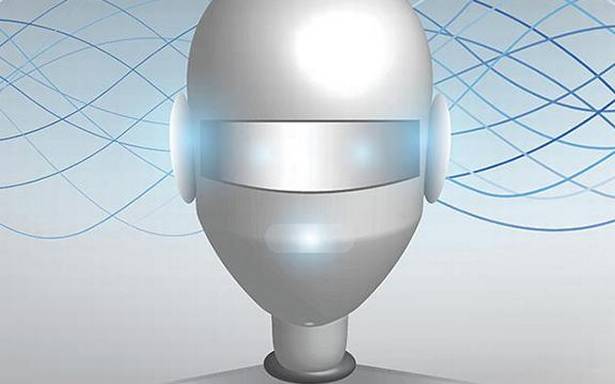

An AI system introduced in 2015 with much fanfare in the U.S. failed to recognise faces of African Americans with the same accuracy as those of Caucasian Americans. | Photo Credit: AP
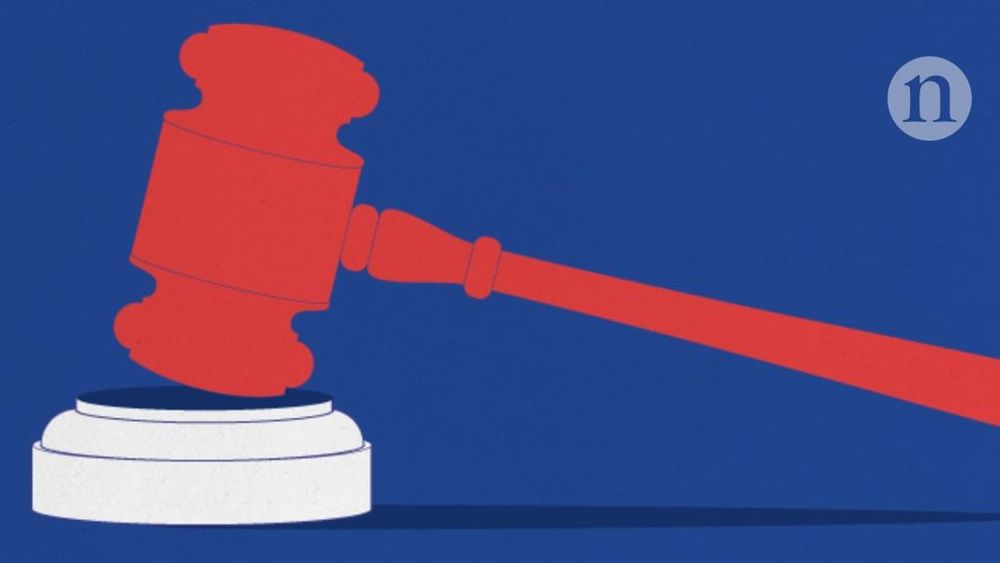
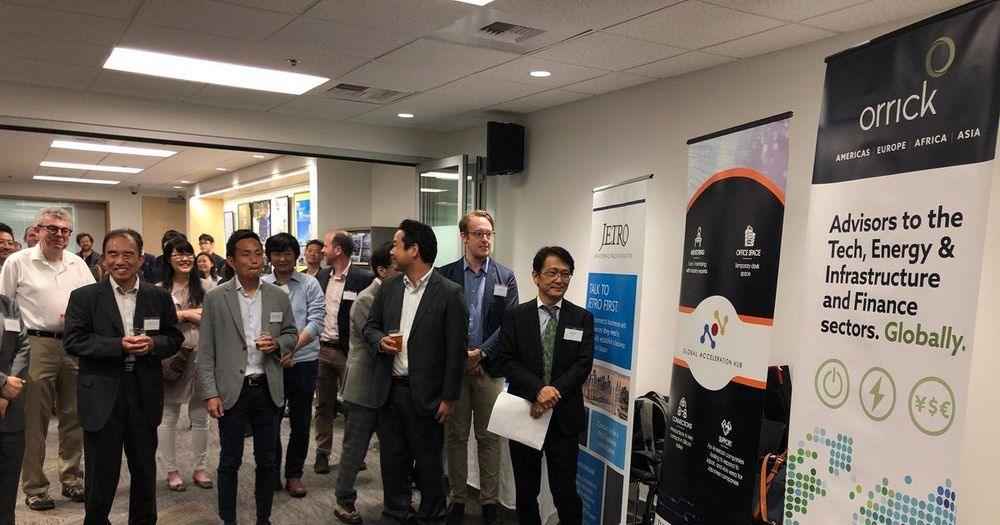
Seventy-five people filed into a Washington State Convention Center meeting room Wednesday to hear about the latest advancements in artificial intelligence. In a pitching session reminiscent of a speed-dating event, about 10 Northwest startups hurriedly shared their accomplishments and aspirations with Japanese investors eager to stoke business relationships.
Master of ceremonies Tom Sato, co-founder of Kirkland-based investing firm Innovation Finders Capital, lightened the mood by cracking jokes as he translated the English-speaking founders’ business plans into Japanese, cautioning the attendees that he faced a challenge: “I have to understand what the hell they’re talking about.”
The A.I. Age | This 12-month series of stories explores the social and economic questions arising from the fast-spreading uses of artificial intelligence. The series is funded with the help of the Harvard-MIT Ethics and Governance of AI Initiative. Seattle Times editors and reporters operate independently of our funders and maintain editorial control over the coverage.
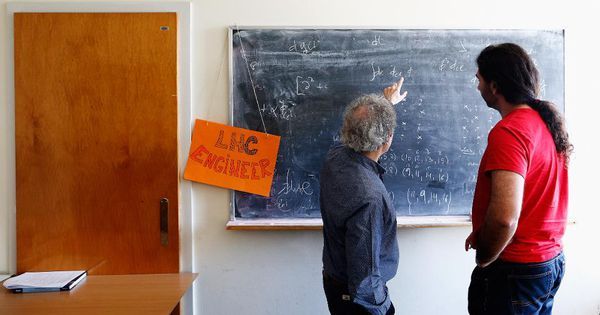

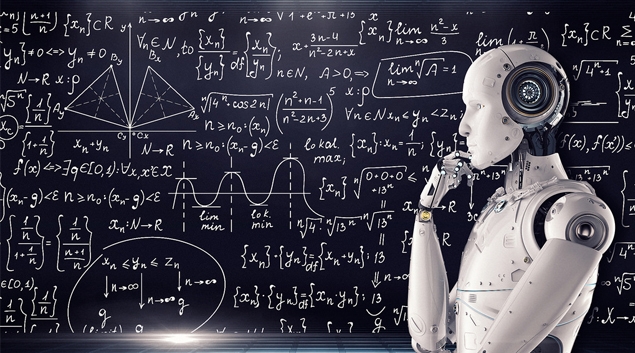
Artificial Intelligence (AI) is an emerging field of computer programming that is already changing the way we interact online and in real life, but the term ‘intelligence’ has been poorly defined. Rather than focusing on smarts, researchers should be looking at the implications and viability of artificial consciousness as that’s the real driver behind intelligent decisions.
Consciousness rather than intelligence should be the true measure of AI. At the moment, despite all our efforts, there’s none.
Significant advances have been made in the field of AI over the past decade, in particular with machine learning, but artificial intelligence itself remains elusive. Instead, what we have is artificial serfs—computers with the ability to trawl through billions of interactions and arrive at conclusions, exposing trends and providing recommendations, but they’re blind to any real intelligence. What’s needed is artificial awareness.
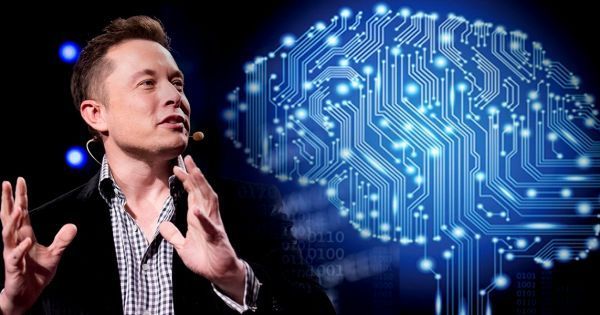

There are certainly ways to use AI to reduce the collateral damage and harms of war, but fully autonomous weapons would also usher in a host of new moral, technical, and strategic dilemmas, which is why scientists and activists have pushed the United Nations and world governments to consider a preemptive ban. Their hope is that we can keep killer robots in the realm of science fiction.
We have the technology to make robots that kill without oversight. But should we?
Nichol Bradford, MBA, is the CEO & Founder of the Willow Group and the Executive Director and co-founder of the Transformative Technology Lab, Conference, and TT200 List. Prior to becoming a leader in Transformative Technology, Bradford was a senior executive in video games with responsibility for strategy, operations and marketing for major brands that include: Activision Blizzard, Disney, and Vivendi Games — including operating World of Warcraft China. Nichol is a graduate of Singularity University GSP15, has an MBA from Wharton School of Business in Strategy. She is author of a novel, The Sisterhood.
Here she describes developments in the emerging industry of transformative technology. She points out that, in the next 25 years, enormous numbers of jobs will be displaced by automation. This challenge, and others, make it essential that people large numbers of people actualize more of their innate potential. Technology can assist in this process — particularly when it is scalable and can be afforded by the millions. She emphasizes a variety of technological advances while emphasizing the importance of ethics, privacy, and data sovereignty.
New Thinking Allowed host, Jeffrey Mishlove, PhD, is author of The Roots of Consciousness, Psi Development Systems, and The PK Man. Between 1986 and 2002 he hosted and co-produced the original Thinking Allowed public television series. He is the recipient of the only doctoral diploma in “parapsychology” ever awarded by an accredited university (University of California, Berkeley, 1980).
(Recorded on February 18, 2019)
For a complete, updated list with links to all of our videos, see https://newthinkingallowed.com/Listings.htm.
For opportunities to engage with and support the New Thinking Allowed video channel — please visit the New Thinking Allowed Foundation at http://www.newthinkingallowed.org.

We are pleased to announce the launch of the Longevity Book Club hosted by LEAF Director Javier Noris, where you can join other longevity enthusiasts in reading the most interesting works that relate to our mission of ending age-related diseases.
You will also get the opportunity to listen to discussion panels and take part in Q&A sessions that are focused on books that touch on these important scientific, philosophical, moral and futuristic longevity topics. This is the ideal place to meet like-minded longevity enthusiasts who are working on building their knowledge on longevity and all of the implications that come with ending age-related diseases.
